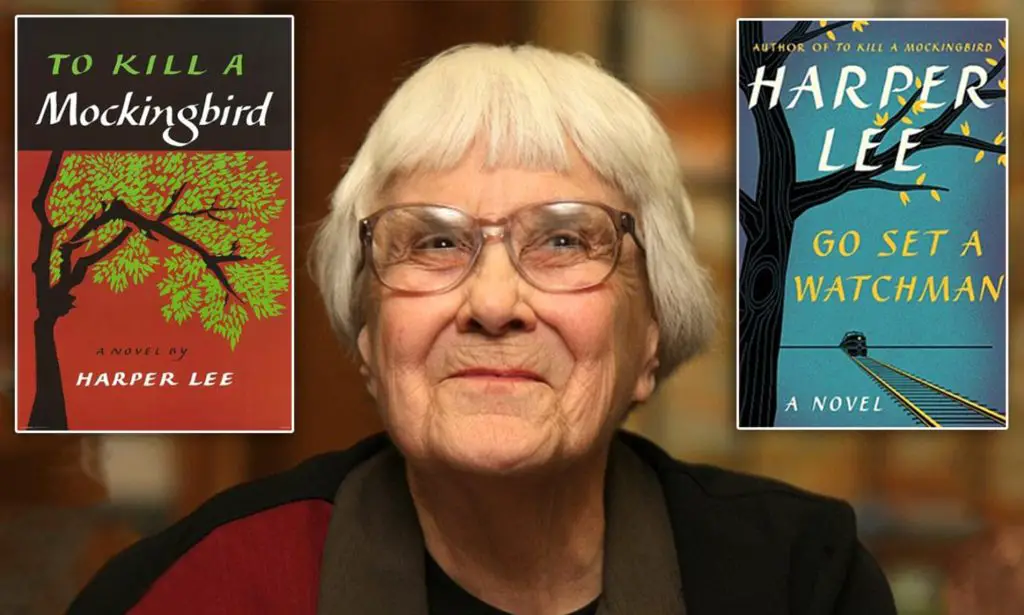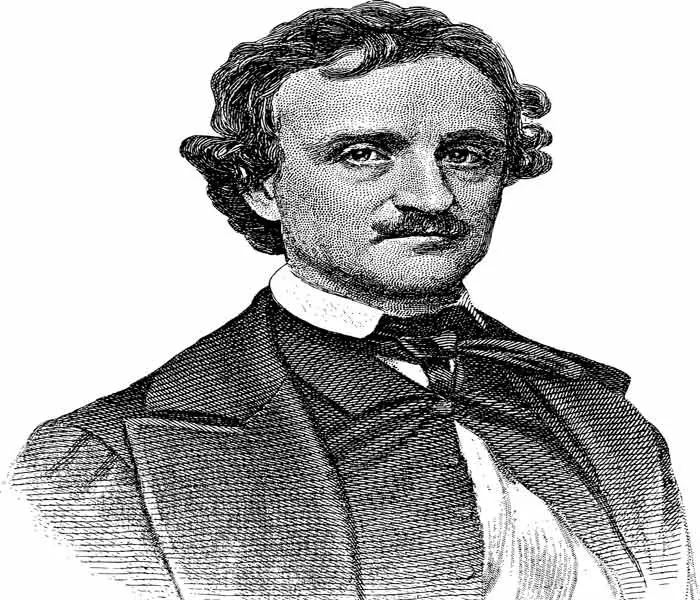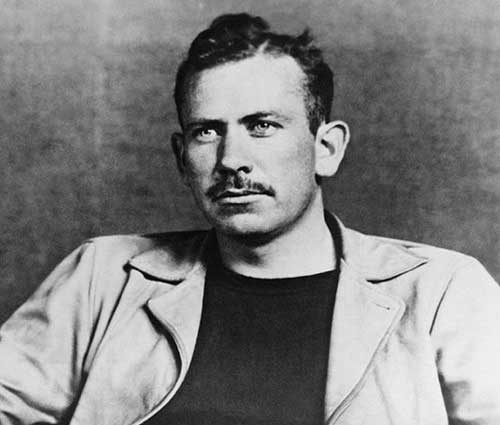Harper Lee’s literary legacy is defined by her timeless novel, “To Kill a Mockingbird.” The novel features a rich cast of characters, each with its own unique quirks and personalities.
However, two characters stand out as particularly memorable, not just within the context of the novel, but within the larger canon of American literature.

Surely there is an interest to know what are two memorable characters created by Harper Lee. Okay, these characters are none other than Atticus Finch and Scout Finch, father and daughter, and the heart and soul of “To Kill a Mockingbird.”
What are Two Memorable Characters Created by Harper Lee?
Atticus Finch and his daughter Scout are two of the most beloved and memorable characters in American literature created by Harper Lee.
Atticus is a wise and compassionate father who teaches Scout and her brother Jem valuable lessons about courage, empathy, and the importance of fighting for justice.
Scout, the story’s narrator, is a precocious and curious young girl who sees the world with refreshing honesty and innocence. Together, Atticus and Scout navigate the complexities of race, class, and morality in the masterarbeit ghostwriting during the 1930s and their bond as father and daughter serves as the emotional heart of “To Kill a Mockingbird.”
Their characters have resonated with readers for generations, inspiring empathy, compassion, and a commitment to social justice.
How does Harper Lee Present the Character of Atticus?
Harper Lee presents Atticus as a wise, compassionate, and principled individual who serves as a role model for his children and the community. Let’s know more.
Compassionate and fair-minded:
Atticus treats everyone with kindness and respect, regardless of their social status or race.
A devoted father:
Atticus is a loving and supportive father to his children, Jem and Scout. He teaches them valuable life lessons and instills in them a sense of morality and justice.
Courageous and principled:
Atticus stands up for what he believes in, even if it means going against the majority. He defends Tom Robinson, an African American man falsely accused of rape, despite facing opposition from the community.
Intellectual and knowledgeable:
Atticus is a well-educated lawyer who values intelligence and critical thinking. He teaches his children to read and encourages them to think for themselves.
Non-judgmental and accepting:
Atticus believes in the inherent worth and dignity of every human being, and does not judge people based on their appearance or social status. He treats everyone with equal respect and kindness.
Humble and modest:
Atticus does not seek attention or praise for his actions, and is modest about his achievements as a lawyer and a father.
How does Harper Lee Present the Character of Scout?
Harper Lee presents Scout, the protagonist in “To Kill a Mockingbird,” as:
Curious and adventurous:
Scout is a free-spirited tomboy who enjoys exploring and getting into mischief with her brother, Jem.
Empathetic and kind-hearted:
Scout cares deeply about the people around her and is quick to show kindness and compassion, particularly to those who are vulnerable or marginalized.
Intelligent and perceptive:
Scout is a bright and observant child who is not afraid to question the world around her and challenge authority when she believes it is wrong.
Naive and innocent:
Despite her intelligence, Scout is still a child who struggles to understand the complexities of adult life, particularly issues related to race and social class.
Open-minded and accepting:
Scout is not judgmental or prejudiced and is able to see the good in people regardless of their race or social status.
Growing and developing:
Throughout the novel, Scout undergoes significant growth and development as she grapples with the difficult realities of adulthood and begins to understand the injustices and inequalities of the world around her.
Why is Harper Lee Remembered?
Harper Lee is remembered as an iconic American author who left an indelible mark on literature including:
Writing “To Kill a Mockingbird”:
Harper Lee is best known for her classic novel “To Kill a Mockingbird,” which is considered a masterpiece of American literature. The novel explores issues of racial injustice and prejudice in the South during the 1930s, and it continues to be read and studied in schools and universities around the world.
Winning the Pulitzer Prize:
In 1961, “To Kill a Mockingbird” won the hausarbeit schreiben lassen, solidifying Lee’s place in literary history. The Pulitzer Prize is one of the most prestigious awards for American writers, and it recognizes outstanding works of fiction, nonfiction, drama, and poetry.
Confronting social issues:
Through her writing, Harper Lee confronted social issues such as racism, poverty, and inequality. Her work helped to raise awareness of these issues and inspired many people to become more active in the fight for social justice.
Being a private person:
Despite her literary success, Harper Lee was known for being a private person who shied away from the public eye. She rarely gave interviews and did not publish any other novels during her lifetime, which only added to the mystique surrounding her and her work.
Legacy:
Harper Lee’s legacy continues to inspire readers and writers around the world. Her work has been translated into more than 40 languages, and she remains a beloved and respected figure in the literary community.
What are Harper Lee’s two best sellers?
Harper Lee’s two best-selling books are “To Kill a Mockingbird” (1960) and “Go Set a Watchman” (2015). “To Kill a Mockingbird” is Lee’s debut novel and has sold over 40 million copies worldwide, winning the Pulitzer Prize and becoming a classic of American literature.
“Go Set a Watchman” is Lee’s second novel, published more than 50 years after her first, and despite mixed reviews, became an instant bestseller, selling over 1 million copies in its first week of release.
Final Words
Harper Lee is remembered as one of the most influential American authors of the 20th century. Her work has inspired generations of readers to reflect on the importance of empathy, compassion, and standing up for what is right.
Her characters have become beloved icons of American literature. He has created many memorable characters over the course of her literary career, but two of her most iconic creations are Atticus Finch and Scout Finch
Her exploration of complex themes has encouraged readers to reflect on their own beliefs and values. Lee’s literary contributions and impact on American culture have solidified her place as one of the most important writers of her time.


